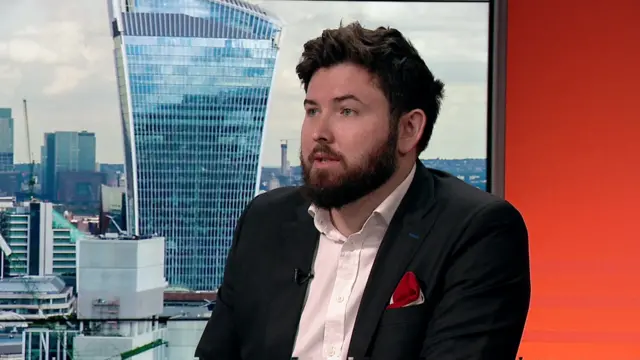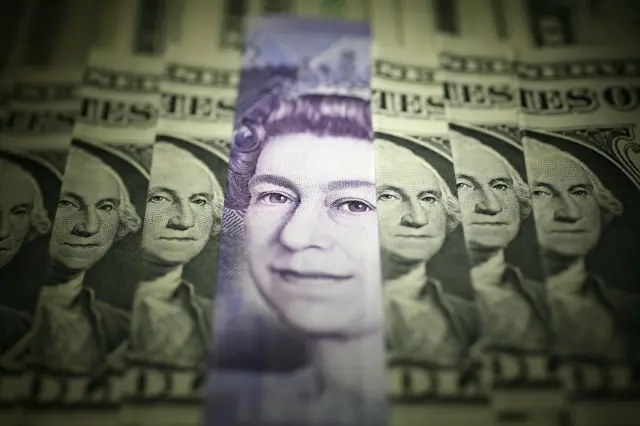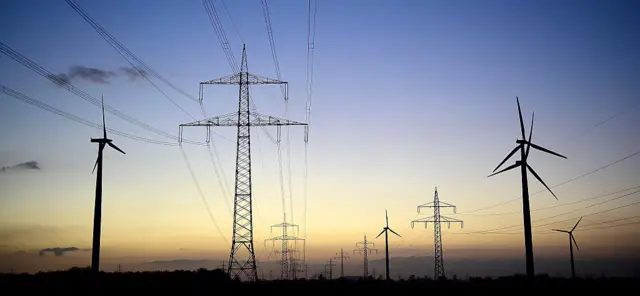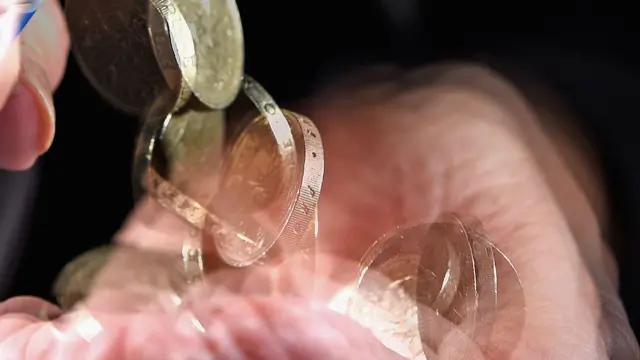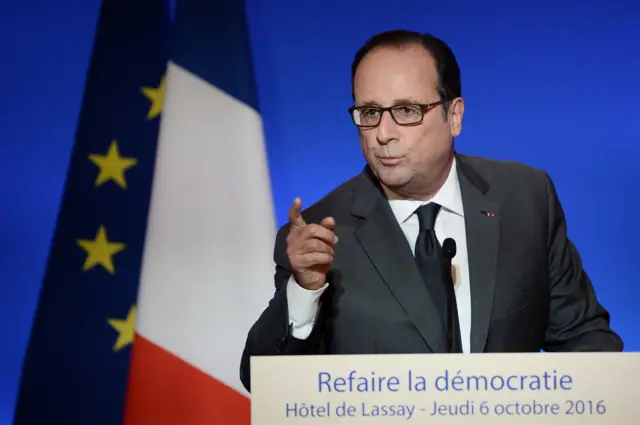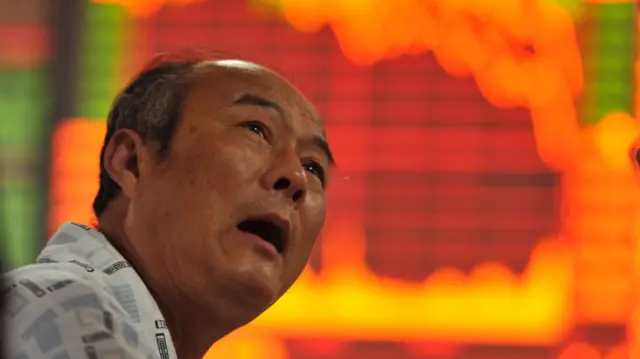'Buy your fridges now'published at 08:42
 BBC Breakfast
BBC Breakfast
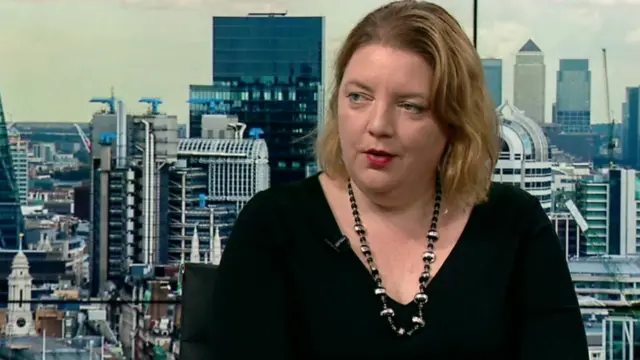
Big electrical items are likely to become more expensive after Christmas because of the weaker pound, says Claer Barrett, personal finance editor at the Financial Times.
Retailers have protection in place against currency fluctuations - known as "hedges" - but many of them start to run out around Christmas time, she tells BBC Breakfast
That means imports will become more expensive, leading to higher prices and the possibility that the January sales might not be as generous as previous years.
She suggests shoppers might want to snap up household appliances and even cars before prices go up.
